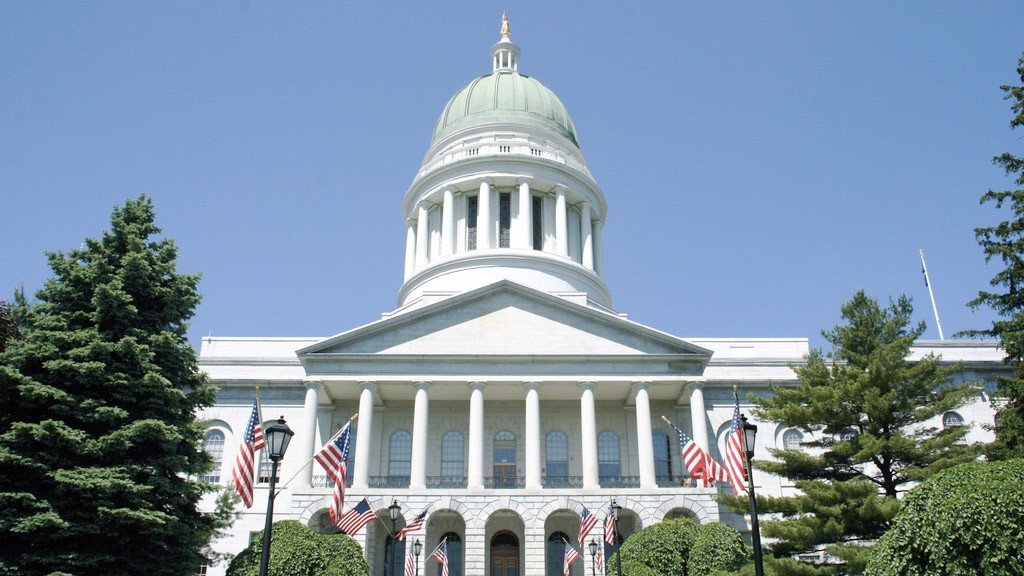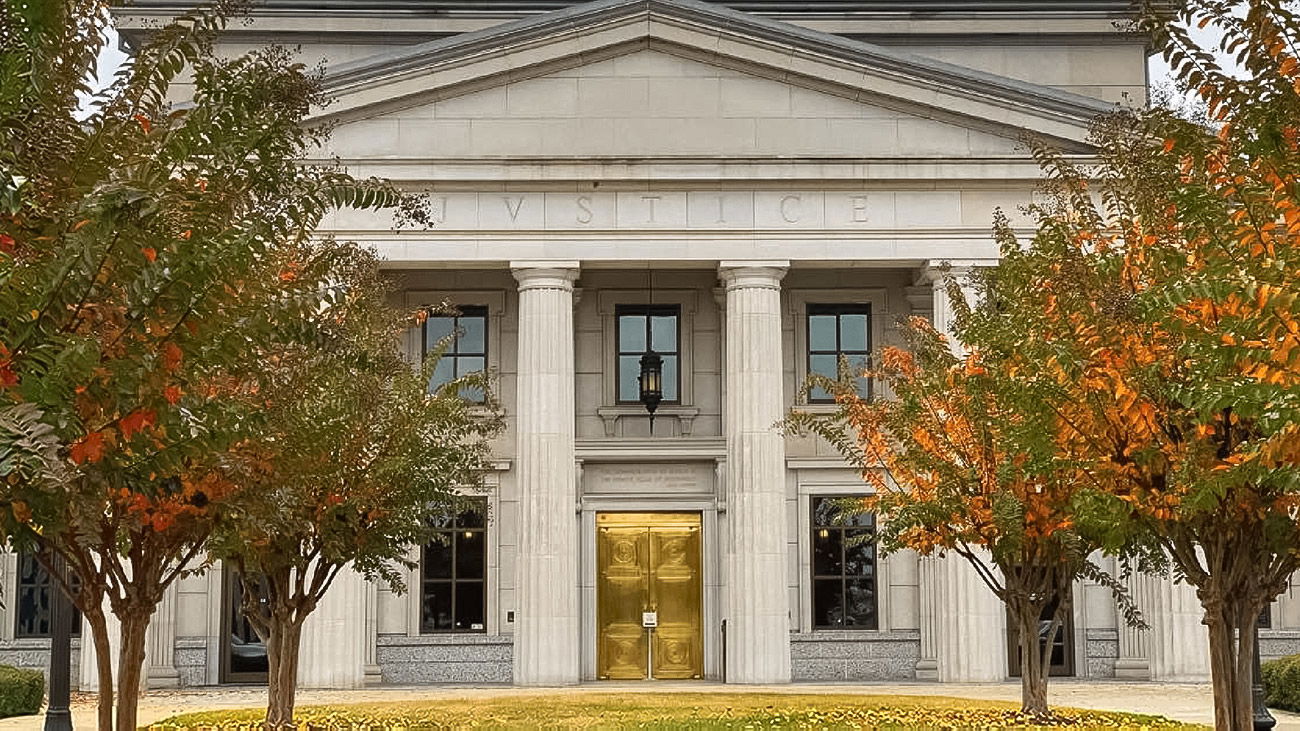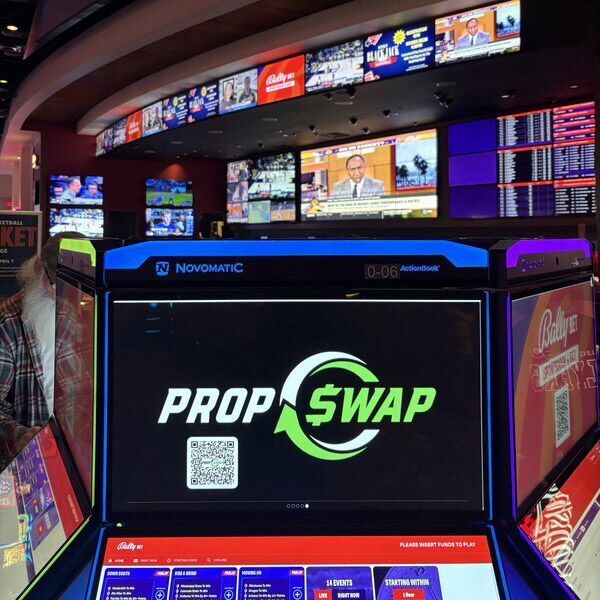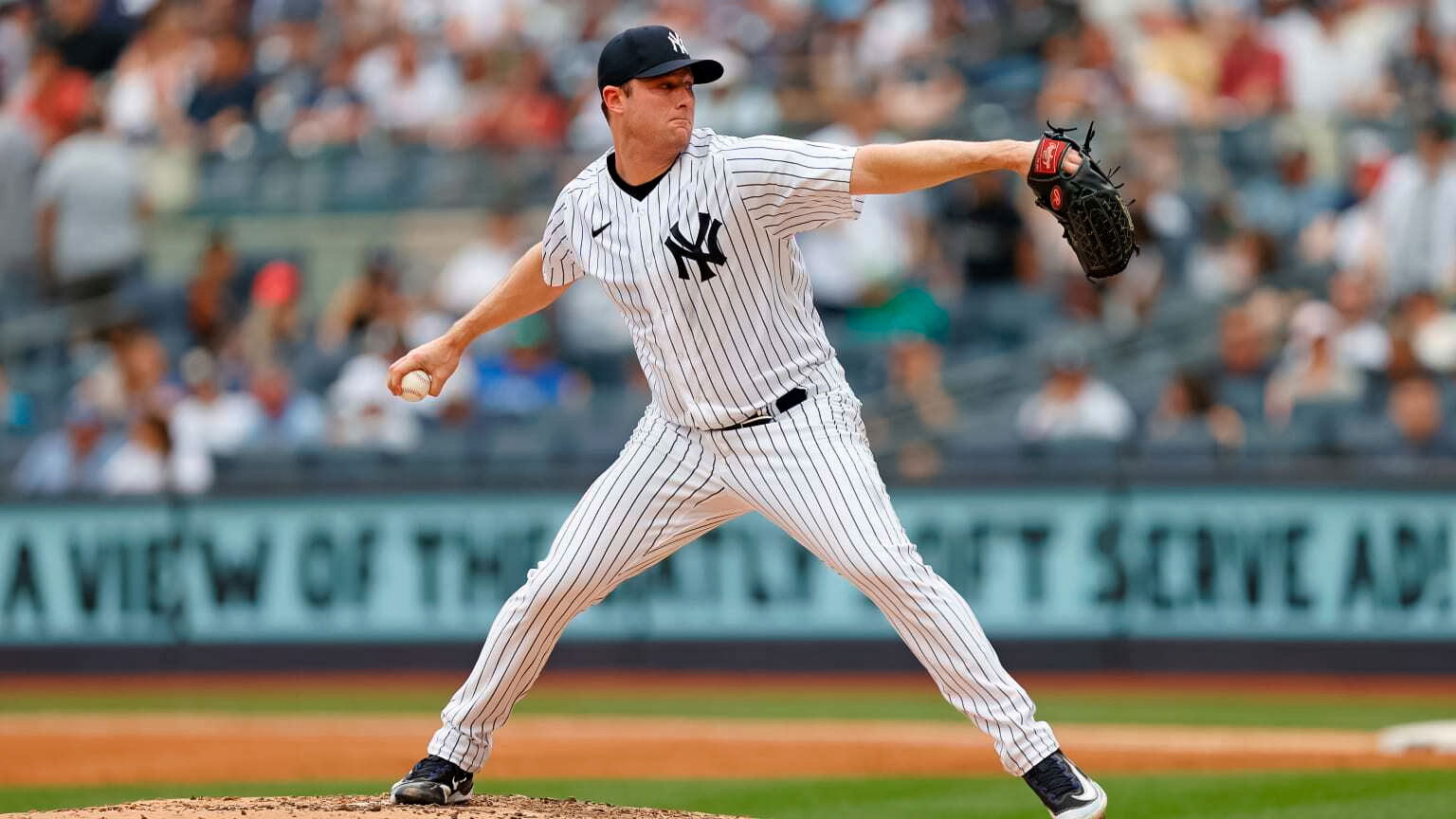Florida Gov. signs new compact with Seminoles to launch sports betting, expand gambling

Florida Gov. Ron DeSantis on Friday signed a $500 million gaming compact with the Seminole Tribe of Florida that would bring mobile sports betting to the state and greenlight Las Vegas-style casinos at all tribal facilities.
The deal must first be ratified by the Florida Legislature and approved by the U.S. Department of Interior before it can take effect. It would allow anyone who is over age 21 and located within the state of Florida and has the app on their mobile device, to place a bet on any professional and collegiate sports team and individual performance, motor sports event and Olympic competition, as reported by Tampa Bay Times.
The Seminole Tribe will be the exclusive operator of the digital sportsbooks in Florida for the next 30 years. In return, the tribe agrees to pay the state a minimum of $500 million in annual payments, an amount that escalates as its market and profits expand. This is a significant expansion over the 15-year agreements in the past, and it is expected to produce more than $6 billion over the next decade, DeSantis said.
DeSantis and House and Senate leaders have scheduled the week of May 17 for a special session to deal with the issue, and the governor expects the federal government to approve the compact by August.
The agreement allows the transfer of slot machine licenses within Miami-Dade and Broward counties, language that opens the door to former President Donald Trump purchasing an existing slot machine license and transferring it to his golf resort in Doral.
The tribe also would not object to moving an existing license within 15 miles of an existing casino in Broward County. That language would allow Jeffrey Soffer, the real estate mogul, to transfer his casino permit to the Fontainebleau Hotel on Miami Beach, a concept known as portability, without the Tribe’s approval. However, such a move will require legislative approval in a separate parimutuel bill. Soffer owns the Big Easy in Hallandale Beach, which used to be Hollywood Dog Track.
In addition, the agreement would give the tribe the exclusive right to operate craps and roulette at all of its casinos and to build three more casinos on existing tribal property, expected at its sites near Hollywood, Tampa and Brighton, northwest of Lake Okeechobee in Glades County.
I’m excited to announce the signing of a new compact between the State of Florida and the Seminole Tribe of Florida, which will generate the state $2.5 billion in new revenue over the next five years and $6 billion through 2030. https://t.co/6za6I0TmFz pic.twitter.com/uLV1YmsRkl
— Ron DeSantis (@GovRonDeSantis) April 23, 2021
On Friday, before signing the agreement in the governor’s office, DeSantis and Seminole Tribe of Florida Chairman Marcellus Osceola Jr., both called the deal “historic.” “The agreement we are about to sign is going to be life changing for our tribe,” Osceola said, according to the Times/Herald.
If approved, Florida would become the most populous state in the US to offer mobile sports betting, which has now been authorized in 29 states. DeSantis called it a “win-win” because mobile sports betting “is going on anyways,” with betting opportunities from overseas operators. By allowing the state to make the tribe the sole provider, it can share the revenue from it with the state and the state can regulate the betting activities, he said.
The tribe would operate as a mobile sports betting hub for all bets placed. Bets are received and processed by servers located at tribal casinos. Existing casinos and parimutuel poker rooms would be allowed to have their own brand on the mobile sports app, allowing them to take 60 percent of the revenues from those bets, but all bets will be placed through the tribe’s servers. Proposition bets on plays and players, known as “prop bets,” which are allowed in other states, would not be allowed on collegiate sports, but they would be allowed for professional sports.
The tribe would take a cut out of every sports bet placed, but parimutuels and the tribe could negotiate with companies such as Barstool, DraftKings and FanDuel to operate their online retail betting books.
The deal also must pass a likely legal challenge in which opponents claim the deal violates the constitutional amendment passed by voters in 2018 that requires voter approval of all new games. Armando Codina, the Miami business leader who along with auto magnate Norman Braman has hired lawyers to fight the expansion of gambling, said the proposal expands gambling in Florida and, if approved, he plans to sue.
In a statement, DeSantis called the compact “larger and more expansive than any other gaming compact in U.S. history” and at the signing said he is confident in the state’s lawyers to uphold the agreement but indicated he is aware it will be challenged. “There are all kinds of arguments people will throw out there but ... this is operated by the Tribe, operated on tribal lands, and I think it satisfies Amendment 3. If somebody wants to contest that, both the Tribe and the state will be defending the agreement that we have here today,’' he said.
At the end of the 75-page compact agreement, they have also agreed they can return to the bargaining table in 36 months to consider amending the compact to authorize the Tribe to operate mobile gaming for not only sports betting but “all types of Covered Games online or via mobile devices to players physically located in the State.”
In a major concession to the 26 racetracks, jai-alai frontons and racinos around the state, the tribe would agree to drop its objection to having existing parimutuels operate designated-player card games, a hybrid between blackjack and poker which it considers competition to its blackjack operations. DeSantis said that the designated-player card games will be monitored by the state if legislators pass a new Gaming Control Commission, and the compact provides limits on the number of tables allowed for those games.
The special session is also expected to include legislation to establish a Gaming Control Commission and to decouple greyhound, jai-alai, harness, and quarter horse racing from racinos, Senate President Wilton Simpson said. Decoupling means there would no longer be a requirement to continue live races or jai-alai matches.

















































